When I heard about Anna's project I made a note on my to do list about contacting her, but she contacted me shortly after to offer me the opportunity to support one of the episodes of the podcast. Which I accepted of course!
When we e-meet we had one of those full of energy and smiles conversations! when both parts are fighting for the same cause it is quite exciting to explore the "what else can we do together?", and the "we are officially friends now even if I met you 5 seconds ago".
I loved reading Anna's answers and once again I find myself smiling and nodding and asking, what can we do next? I know you will get what I mean when you read it!
Who is Anna Stoecklein, the woman behind “The Story of Woman"?
I am an American expat living in London who is passionate about people and turning rage into action! I love reading, exploring new cultures, eating new cuisines, and meeting new people… so pretty much anything that introduces me to new perspectives and expands my worldview!
Why did you decide to start it? What is the story behind it?
Like many (non-mothers) out there, I found myself with some extra time starting in March 2020 and filled it with reading, mostly non-fiction books on the topic of women and gender. With every book, I found myself hopelessly willing more people to read what I was… this was all extremely important information about our world, yet none of it seemed to be part of the mainstream narrative.
From these books it was clear that ‘woman’s perspective’ is missing from everything – the economy, healthcare, technology, and so on. Yet in terms of our mainstream narrative, these books and the ideas within them are too often seen as “niche” – like women themselves!
So, I wanted to find a way to make the content in these books more accessible. Not just for those who aren’t familiar with feminist narratives, but also those who don’t like reading, or don’t read non-fiction, or love reading feminist non-fiction but struggle to read all 100,000 books on their list! I wanted to make it easier to absorb these ideas in hopes of adding woman’s perspective back into our worldview and helping to shift the narrative from seeing these as “women’s issues” to everyone’s issues.
Each episode is an interview with a non-fiction author, and we cover key parts of the book such as where we are in relation to the topic, how we got here, and what still needs to change moving forward.
What has been your biggest learning since you started?
For one, podcasting is a lot of work!
But in terms of feminism, it’s hard to know where to begin - every book has opened my eyes wider! One of the biggest takeaways is just how deep the struggles that we fight against are embedded; how they aren’t (only) a result of actions from recent decades, but can be viewed a centuries-long ripple effects that have compounded century after century into the manifestations we see today.
For example, medicine. It is becoming more well-known that women tend to not be believed when it comes to their own symptoms and bodies, and that diseases that mainly impact them are still shrouded in mystery and often shame, such reproductive disorders. This legacy can be traced all the way back to the founding father of Western medicine – Hippocrates – in the 5th century BC (if not before). In her book Unwell Women, Elinor Cleghorn walks us through century by century demonstrating how one belief about women’s bodies bleeds into another through the years all the way up until present day, helping us understand the current challenges (and biases) within medicine.
So, the learning is how important it is to zoom out to see context – historical, geographical, cultural and so on – and view these issues with as wide of a lens as possible in order to have the best possible understanding of how we move forward and drive change.
What is the goal? The big vision of what you would like to achieve?
On a more esoteric level, the goal is to change the story of mankind to the story of humankind. When half the population is missing from our collective narrative, the story of humankind becomes something else entirely. To really understand who we are as humans, we need add woman’s story back into the public consciousness.
On a (somewhat) more realistic level, I would love to see these books on the New York Times best seller (or equivalent) list! This is something I look at weekly, and consistently, the majority of non-fiction authors on there are men, with topics rarely covering gender or women. When this starts to change, woman’s perspective may finally be making its way into the mainstream.
On a more personal level, I hope to create a space for women and those who support women to connect with one another, learn from each other’s stories, and have a space to tell their own! This is how movements are formed and real progress is made!
--- And this is our feminist questionnaire, same for everyone ---
What is Feminism for you?
To me, feminism is about refusing to accept the world as “just the way it is” until that world accepts all people as just the way they are. It’s about the future and imagining what could be, and what should be, rather than dwelling on what is and what isn’t. It’s the human endeavour to create a world we have never lived in, but understand is better than the one we have. It’s the pursuit of a world that celebrates the full diversity of humanity.
Which “everyday sexism” really bothers you?
Stereotypical female tropes. When a movie, tv show, or book lack real, complex female characters, I will not enjoy it no matter how “objectively” good it is because I can’t get past the missing female humanity. If the women are only there to serve their connection to the starring men – the lover, the caretaker, the assistant – I dwell on the fact that this story is perpetuating the very biases I am actively working against, so I usually turn it off!
Do you remember when you start identifying as a Feminist and why?
My feminist consciousness wasn’t raised until my mid to late 20’s. I am from the middle of America, where feminism is a dirty word and the movement was seen, at best, as a thing of the past, and, at worst, as something for whiney women that hate men.
For the most part, feminism just wasn’t something I thought about – either negatively or positively – until I found books. I started reading non-fiction books that provided insight into the reality of the situation, and that took me on a journey of learning and unlearning that I remain on to this day!
Who is your biggest feminist role model?
Without question - Gloria Steinem! I have many, but Gloria epitomises the exact kind of feminist (and person) I wish to be. So much so that I have been studying the work she did in the “second wave” in order to inform the podcast-community I am building!
What is your favourite Feminist quote?
A couple favourite common ones are from Gloria Steinem (of course), “We are linked, not ranked,” and Chimamanda Ngozi Adichie, “Culture does not make people. People make culture. If it is true that the full humanity of women is not our culture, then we can and must make it our culture.”
And a longer, less known one, is from a book featured in season one – Mother of Invention by Katrine Marçal:
“When women are removed from the narrative, humankind becomes something else. And so we continue, in this way, to deceive ourselves about our very nature. One of the gravest consequences of the patriarchy is that it makes us forget who we really are.
If we instead took those aspects of the human experience that we have coded as female and recognised them as universal, we would change our entire definition of what it means to be human. The crux of the problem has always been that the human has been equated to the male. Woman is some sort of supplement, made, as we know, from a single rib.”What is your proud feminist victory?
Creating my podcast! I have had countless feminist ideas and projects that I never pursued – it wasn’t the right time, I needed to find someone to do it with me, I’m not – fill in the blank – enough, so many reasons not to… But with this podcast, I finally threw all my excuses in the trash (rubbish) and am so proud to have created a platform that is helping to elevate woman’s voice.
What is your feminist recommendation?
- Book: Invisible Women by Caroline Criado Perez – the learnings from this book really set the framework for understanding of how gender interacts with every aspect of our world; the concepts and ideas can be applied throughout all of society.
- TV show: Killing Eve – smashes all female tropes – there are females that are assassins (not a sidekick to a male assassin, but a hitwoman in her own right), that have casual sex (shock horror!), that have meaningful work and lives past the age of 40, and that have submissive partners and male assistants. It is refreshing, multifaceted, and hilarious. Also… I May Destroy You!
- Film: On the Basis of Sex – based on the early life of RBG (Ruth Bader Ginsburg) who overcomes an incredible amount of grotesque discrimination as she transforms the entire US legal system for the betterment of women (and all people)!
What is your feminist call of action to whoever is reading?
Do an assessment of your personal life and see what is feminist – and what isn’t. To quote Gloria Steinem (again), “To transform inequality in the outside world, we have to start inside the home. We have to get rid of the old idea that what happens to men is political, and therefore subject to change, but what happens to women is cultural, and therefore can’t, or shouldn’t, be changed.”
As she says, “The personal is political.”
Start there, and work your way out
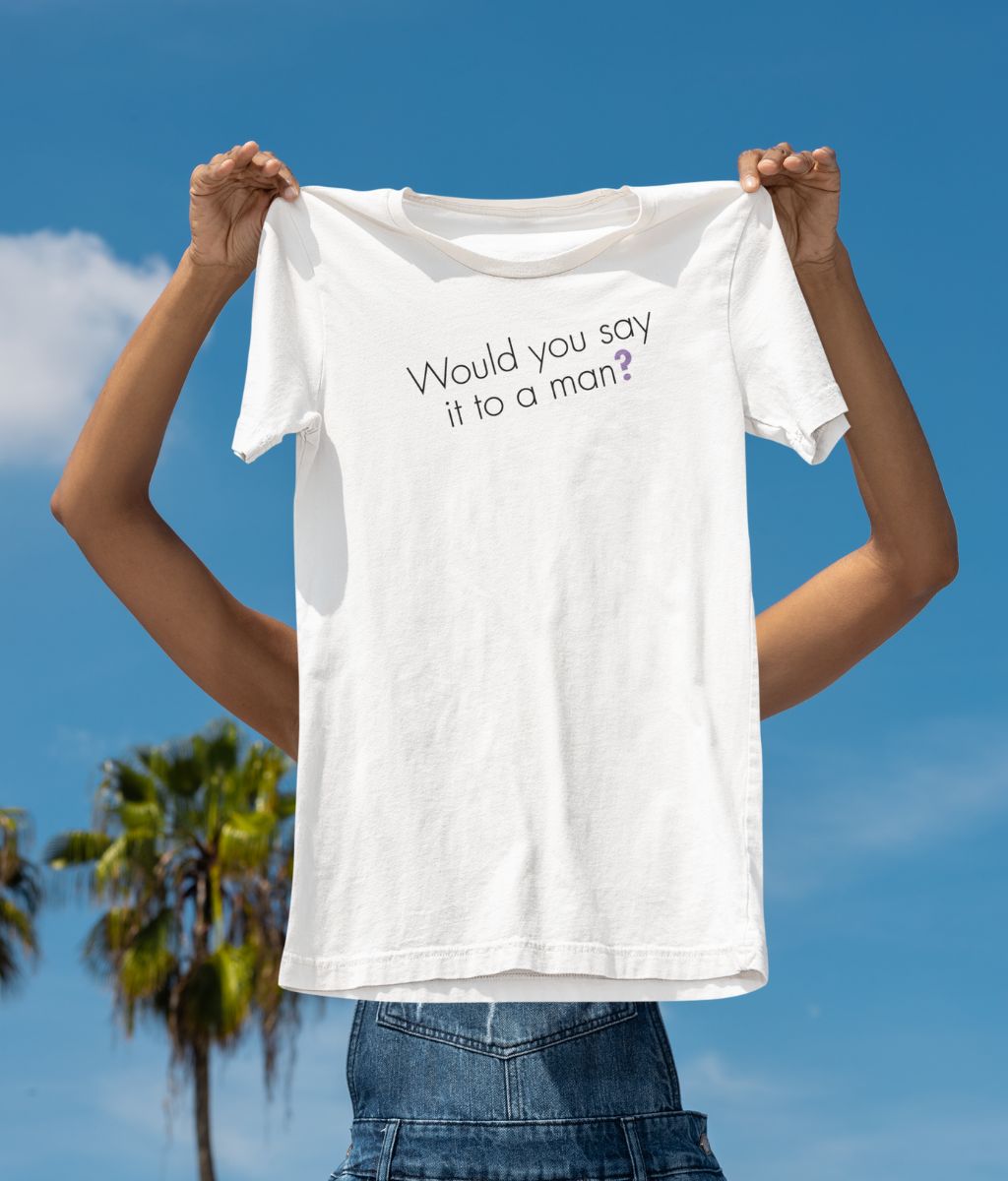
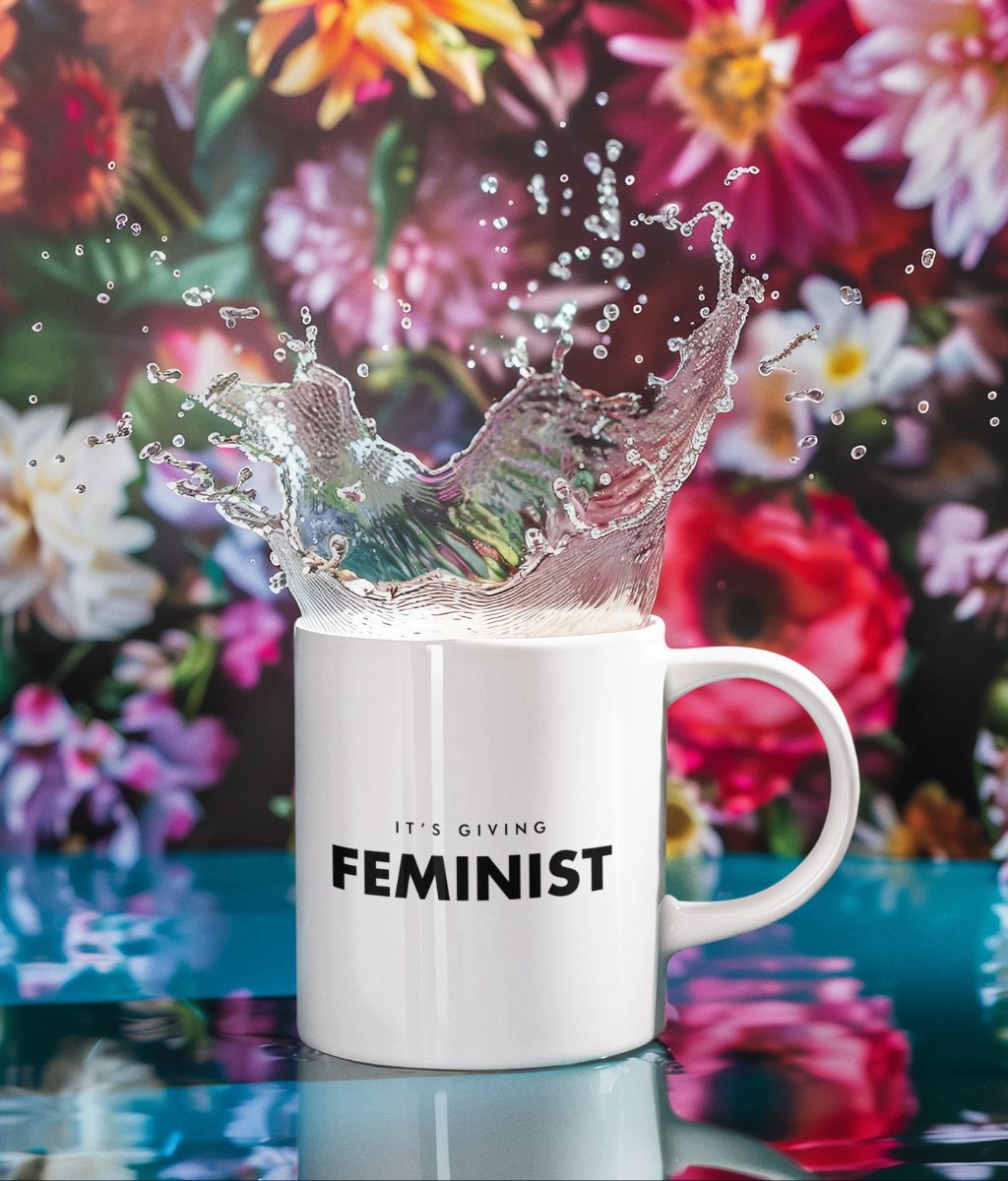
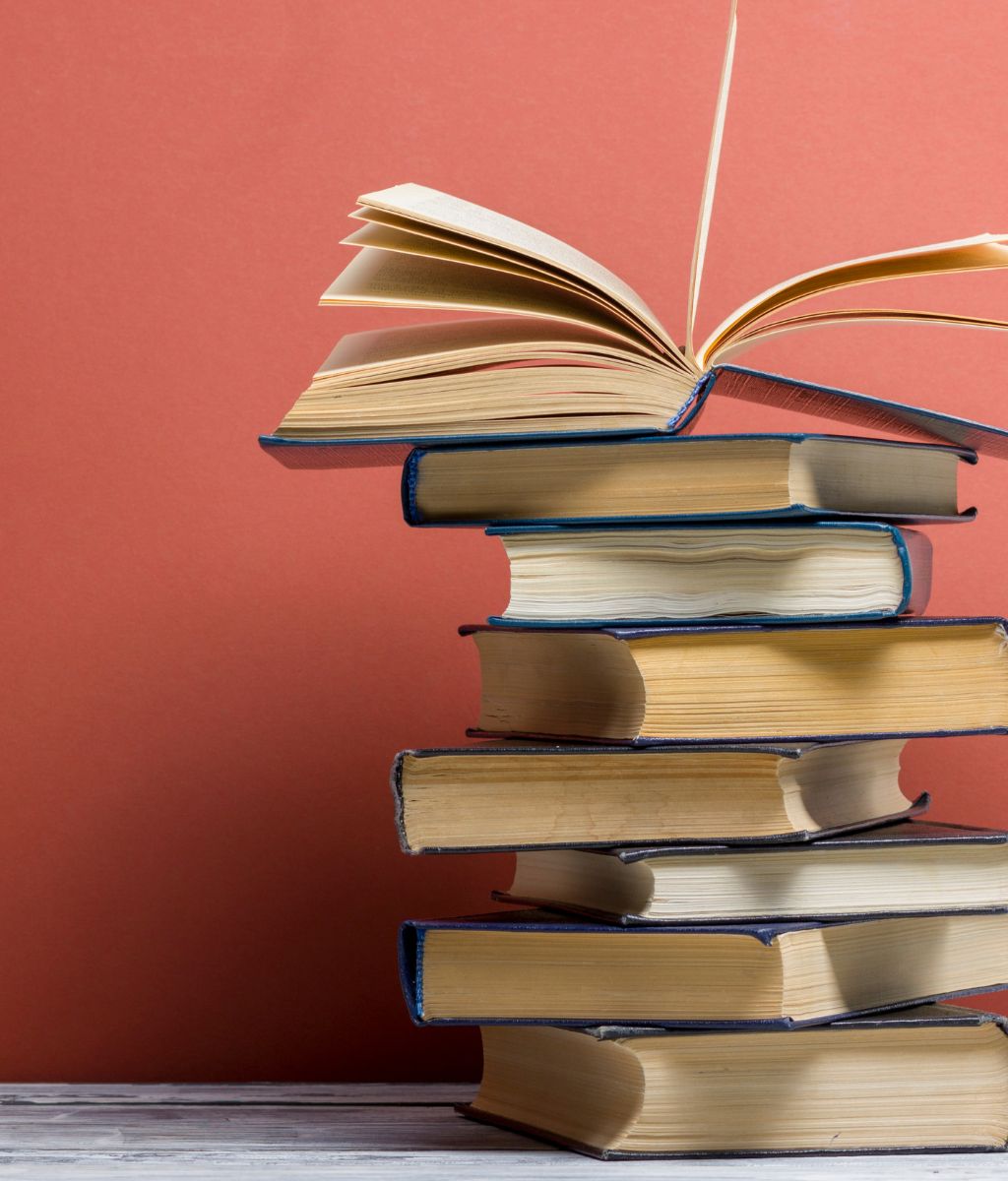
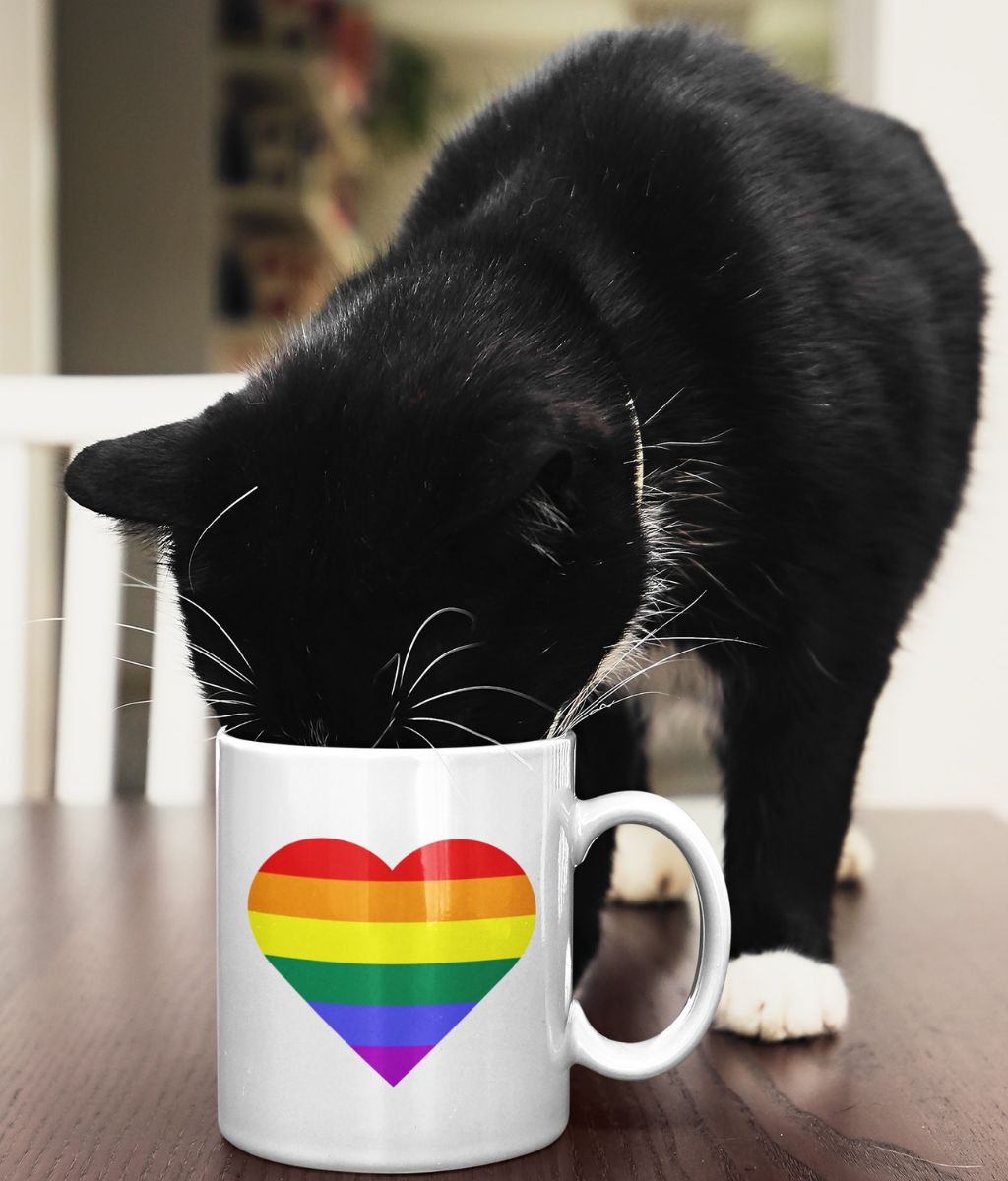
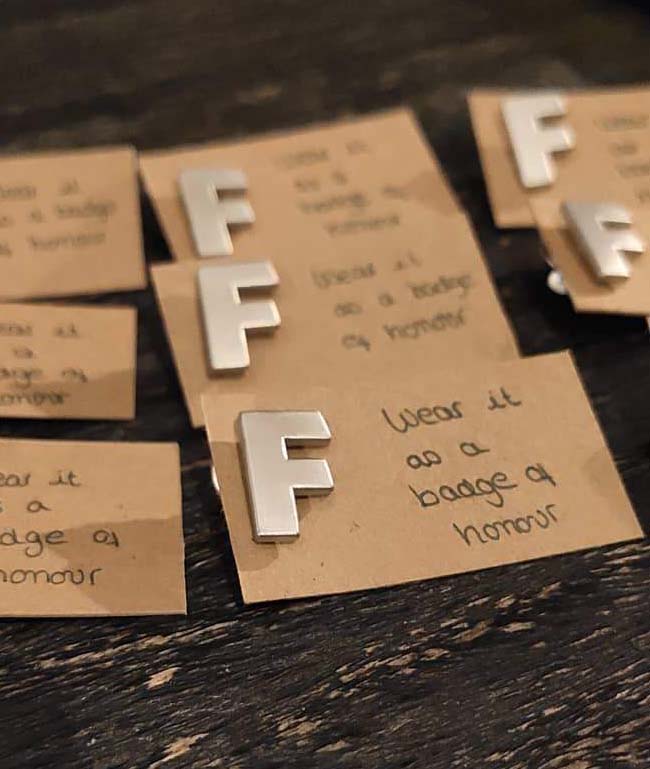
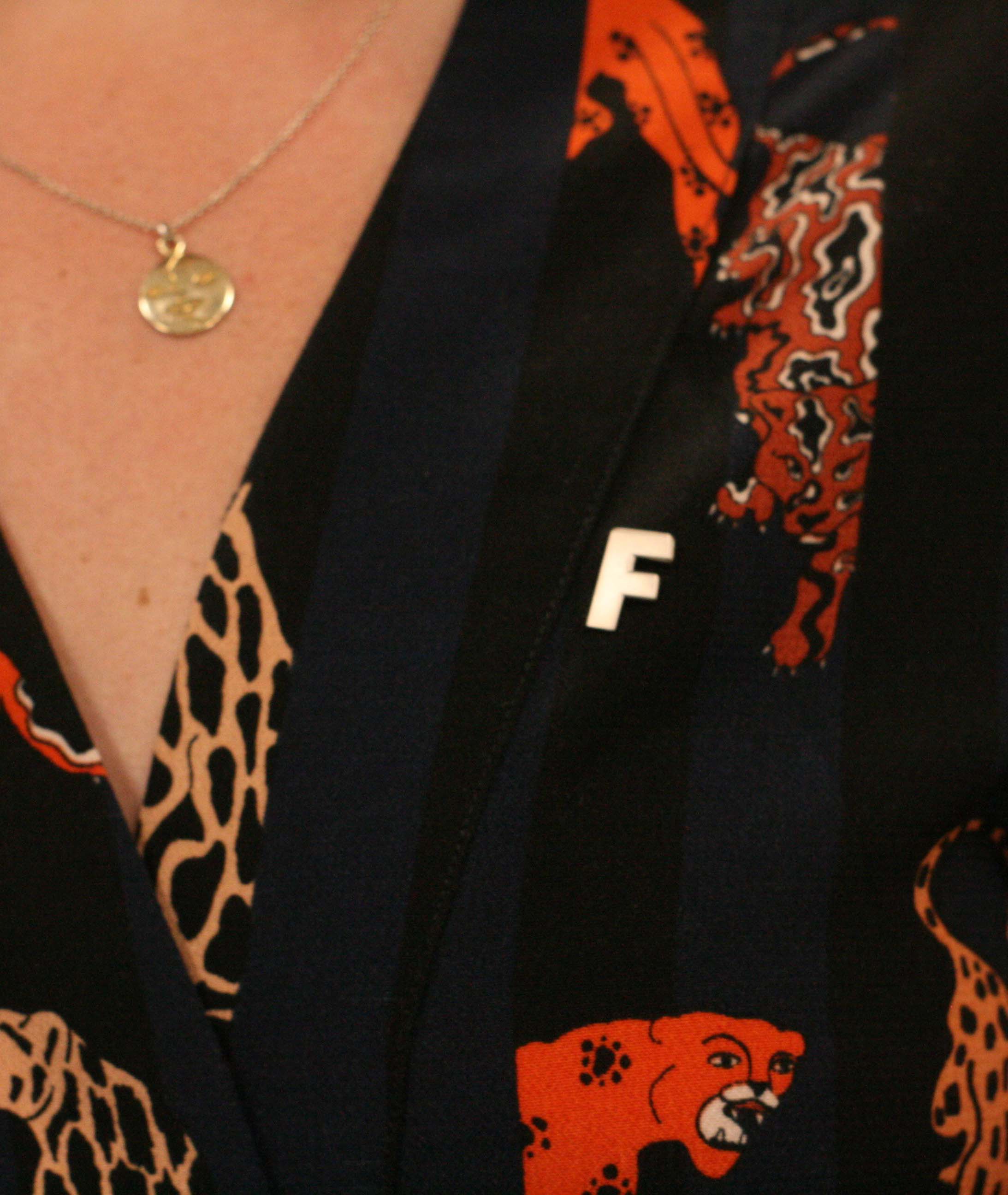
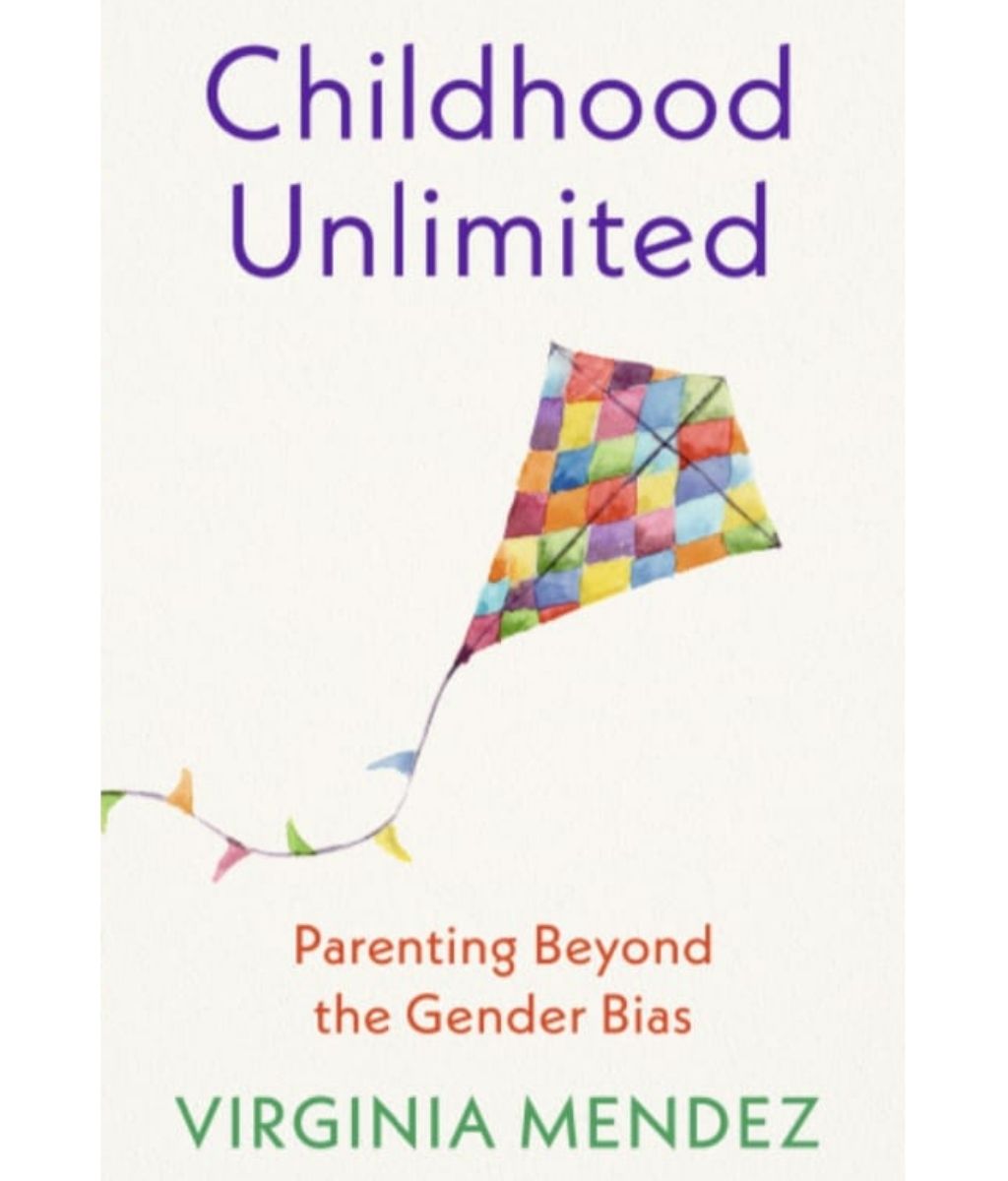
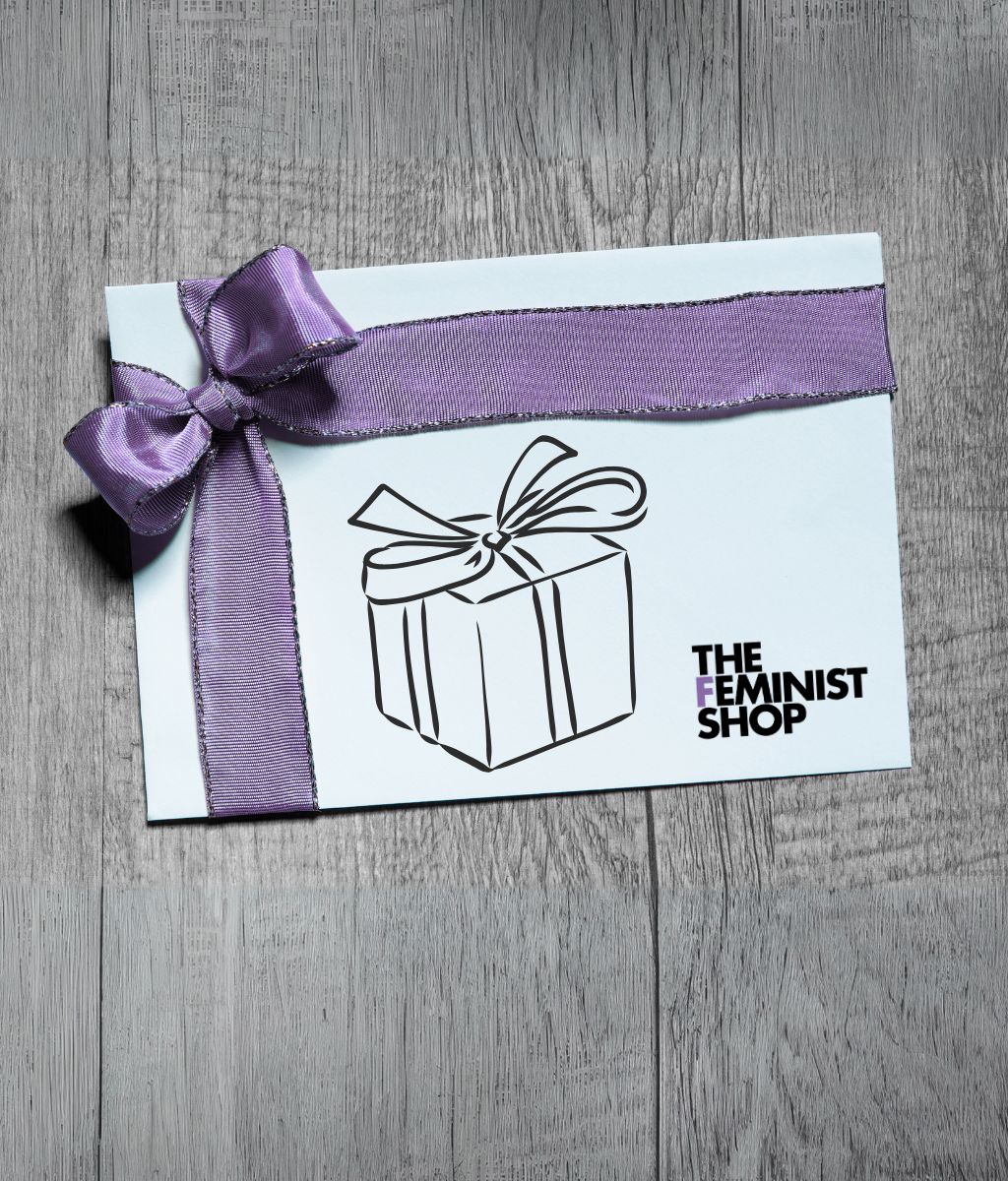
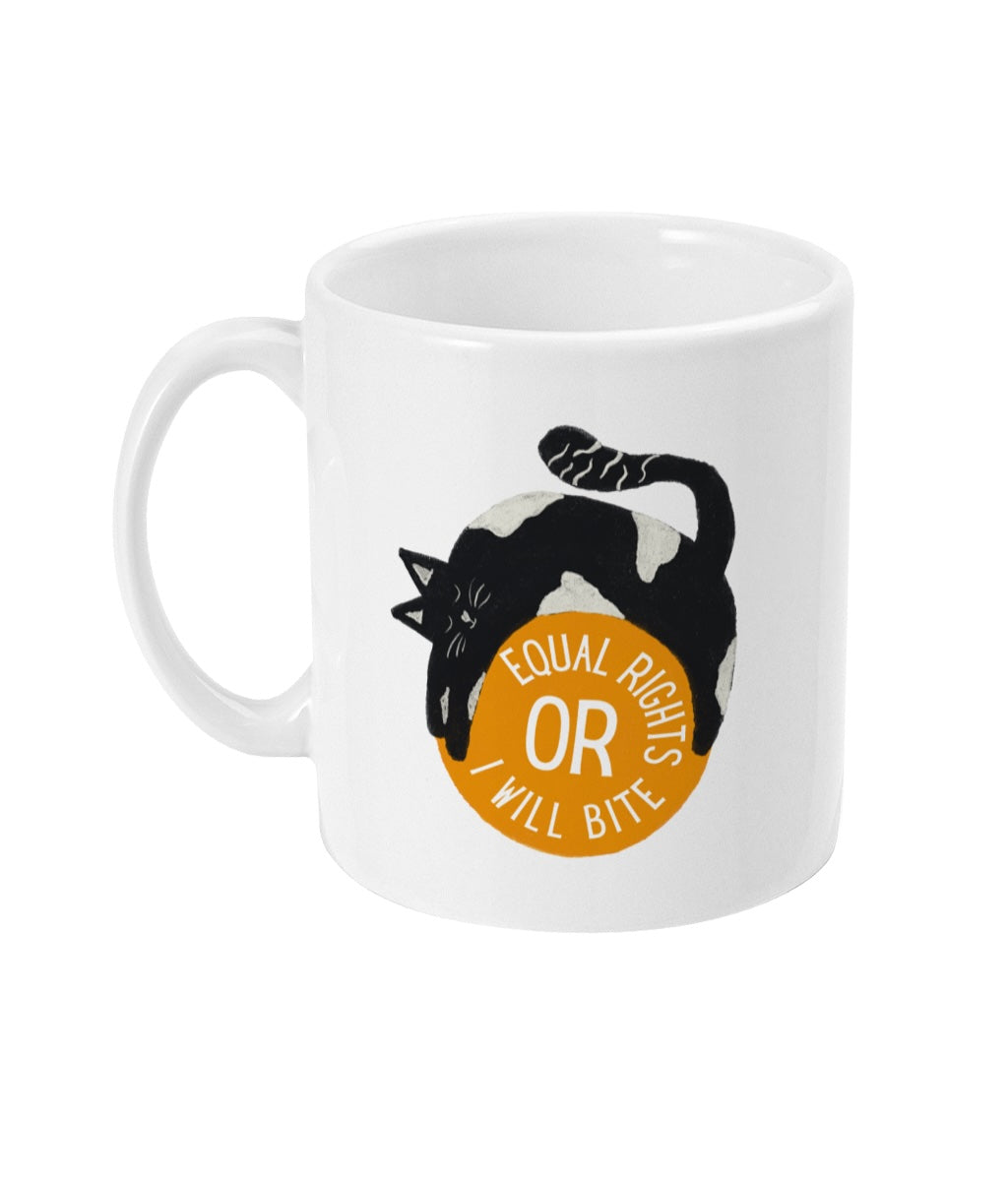
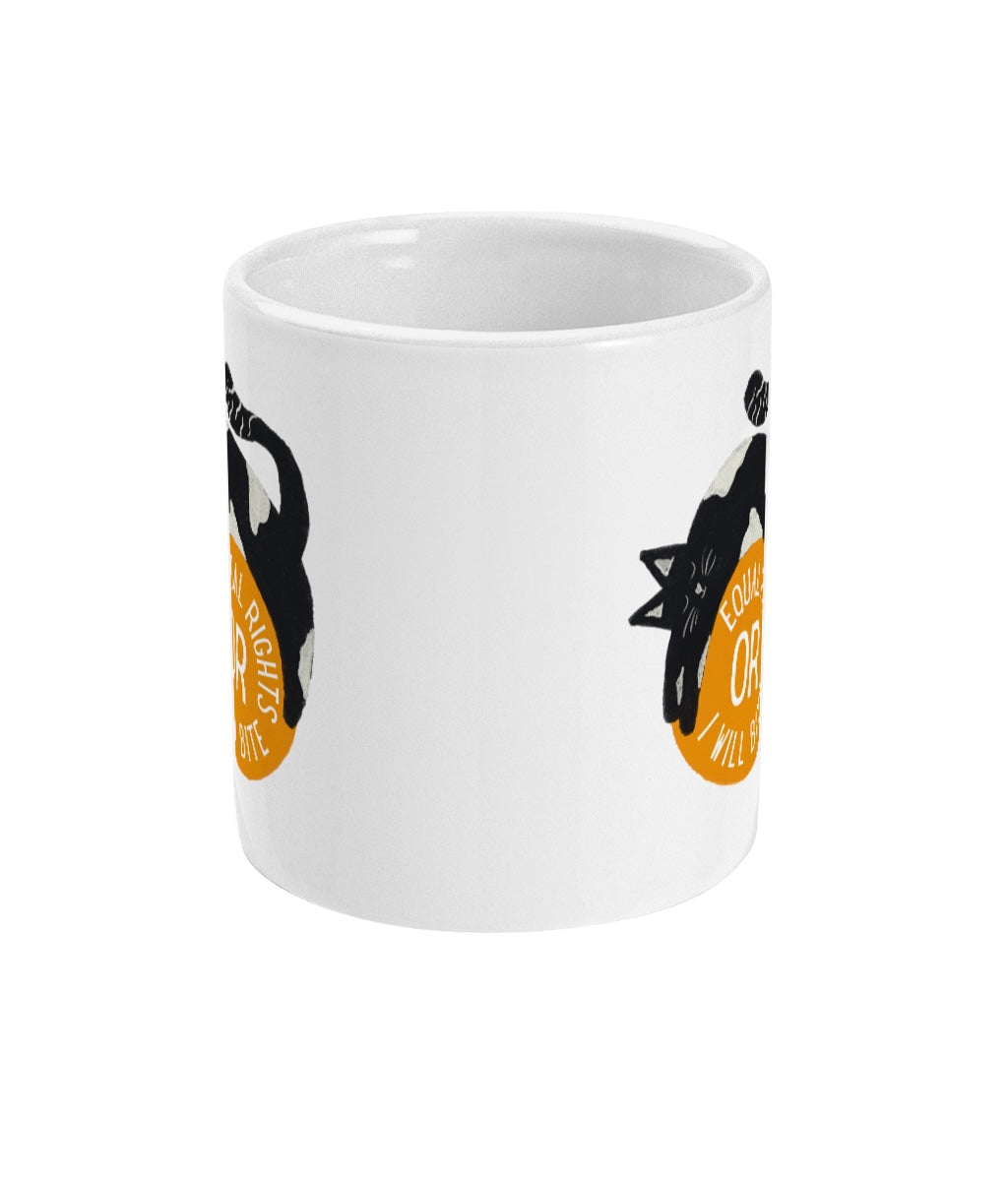
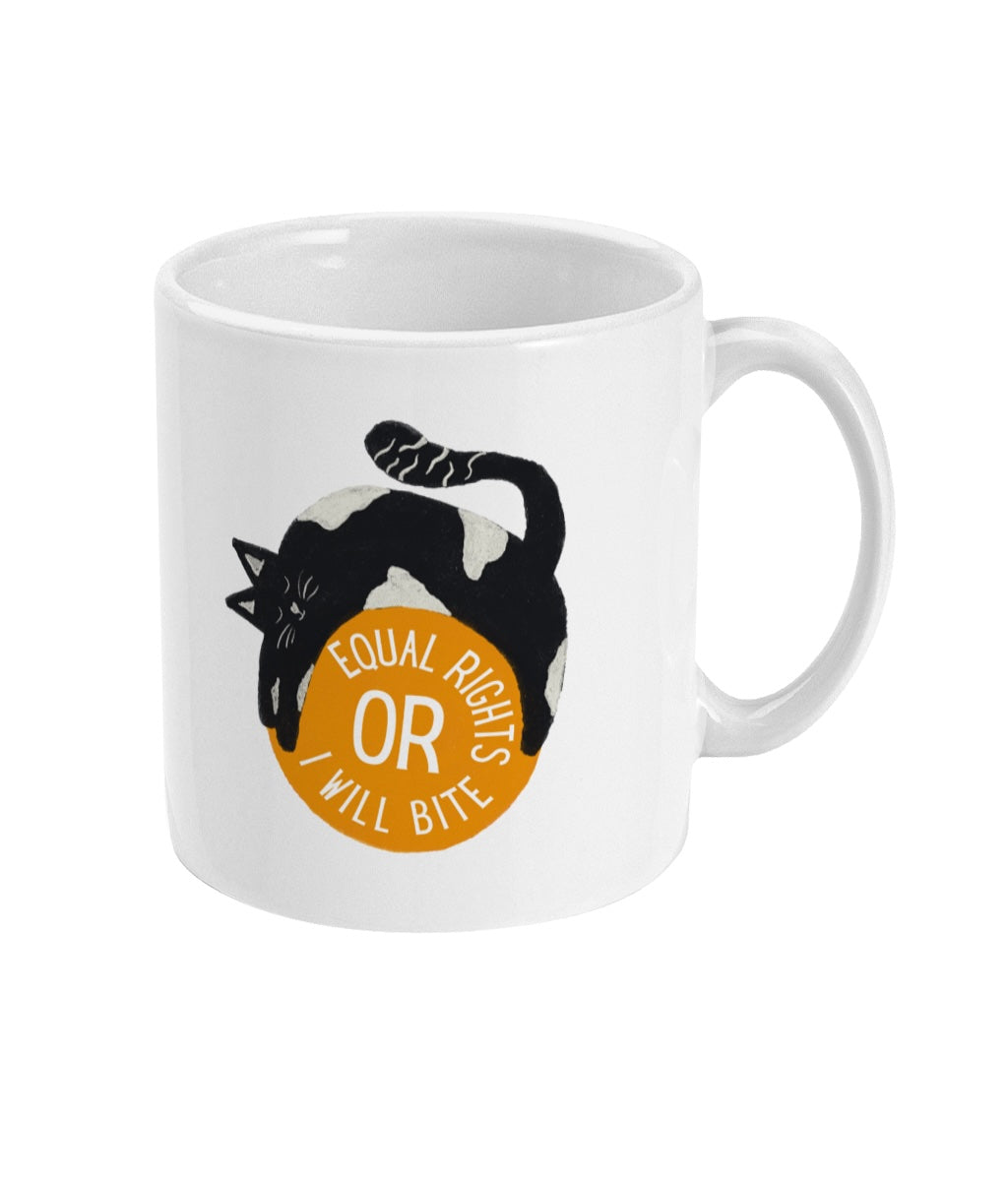
0 comments